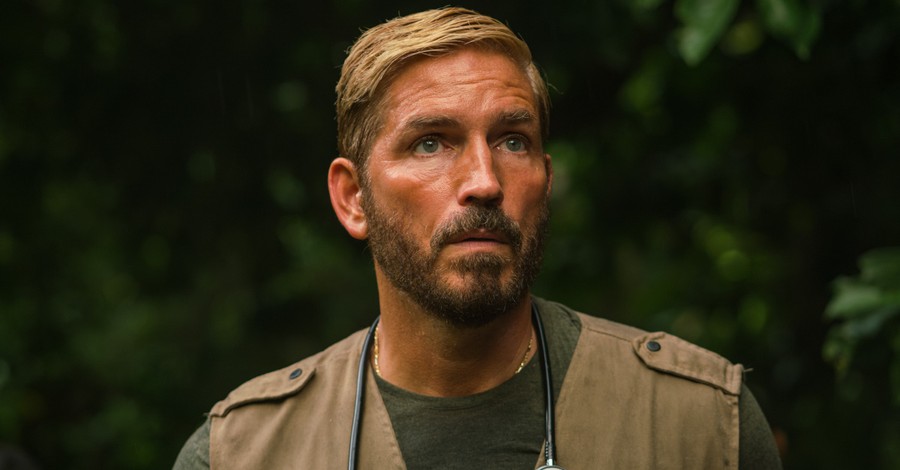Islamic terrorist group Boko Haram has killed at least 56 people in a new wave of attacks in Nigeria, including 44 worshipers who were slain at a mosque in Konduga – actions which some analysts have described as "baffling."
"We believe the attack was not unconnected with the cooperation residents are giving to security operatives in identifying and arresting Boko Haram members in their midst."
The attack on Aug. 10 at the mosque left 44 people dead, while another 12 people were killed at the nearby Ngom village a day later.
"If this was Boko Haram, it might appear baffling. Many churches have been bombed but why would a group that wants to impose Islamic law across Nigeria open fire on worshipers at a mosque?" BBC News Nigeria correspondent Will Ross asked, while noting that the armed gunmen might have believed the vigilantes opposed to their mission were praying there.
Boko Haram, whose name means "Western education is a sin," has killed thousands of people over the last few years. The extremist organization has heavily targeted Christian churches and their congregations, bombing worship buildings and killing pastors in plain sight. They have made it clear that their mission is to drive out Nigeria's Christians and establish Islamic law to rule over the African country, which is divided between geographic and religious lines.
"We have killed countless soldiers and we are going to kill more," Abubakar Shekau, Boko Haram's leader, explained in a video in which he claimed responsibility for the attacks, reported.
President Goodluck Jonathan has urged the Nigerian army to do all it can to counter Boko Haram's attacks, though Shekau claimed the group's strength has not been dented and it will continue in its mission.
"A lot has been said against us: that we are finished, they have finished with us. All these are lies," the Islamic leader continued. "We are alive. Nobody killed us, and we shall continue to kill until Boko Haram is accepted by the people."
AFP reported that the military has encouraged the formation of the vigilante groups who seek to help in the arrests of Boko Haram members, and they have been credited for reducing the number of attacks – though fears remain that the situation could lead to even more violence, such as the deadly attack on the Konduga mosque.
"Three months ago the military campaign was launched," BBC's Ross continued. "But the Islamist militants have not been defeated - over the past month more than 160 people have been killed in attacks on boarding schools, army and police bases as well as a Christian-dominated area of Kano City. Other attacks go unreported. So what is the way forward?"
Earlier this month, the prosecutor of the International Criminal Court (ICC) noted that Boko Haram is being accused of possible crimes against humanity over the death of thousands of Christians and Muslims in the African nation.
"The information available provide a reasonable basis for believing that in July 2009 Boko Haram launched a widespread and systematic attack that resulted in the deaths of 1,200 civilians, Muslims and Christians in different parts of Nigeria," wrote Fatou Bensouda, prosecutor of the ICC in a report.


